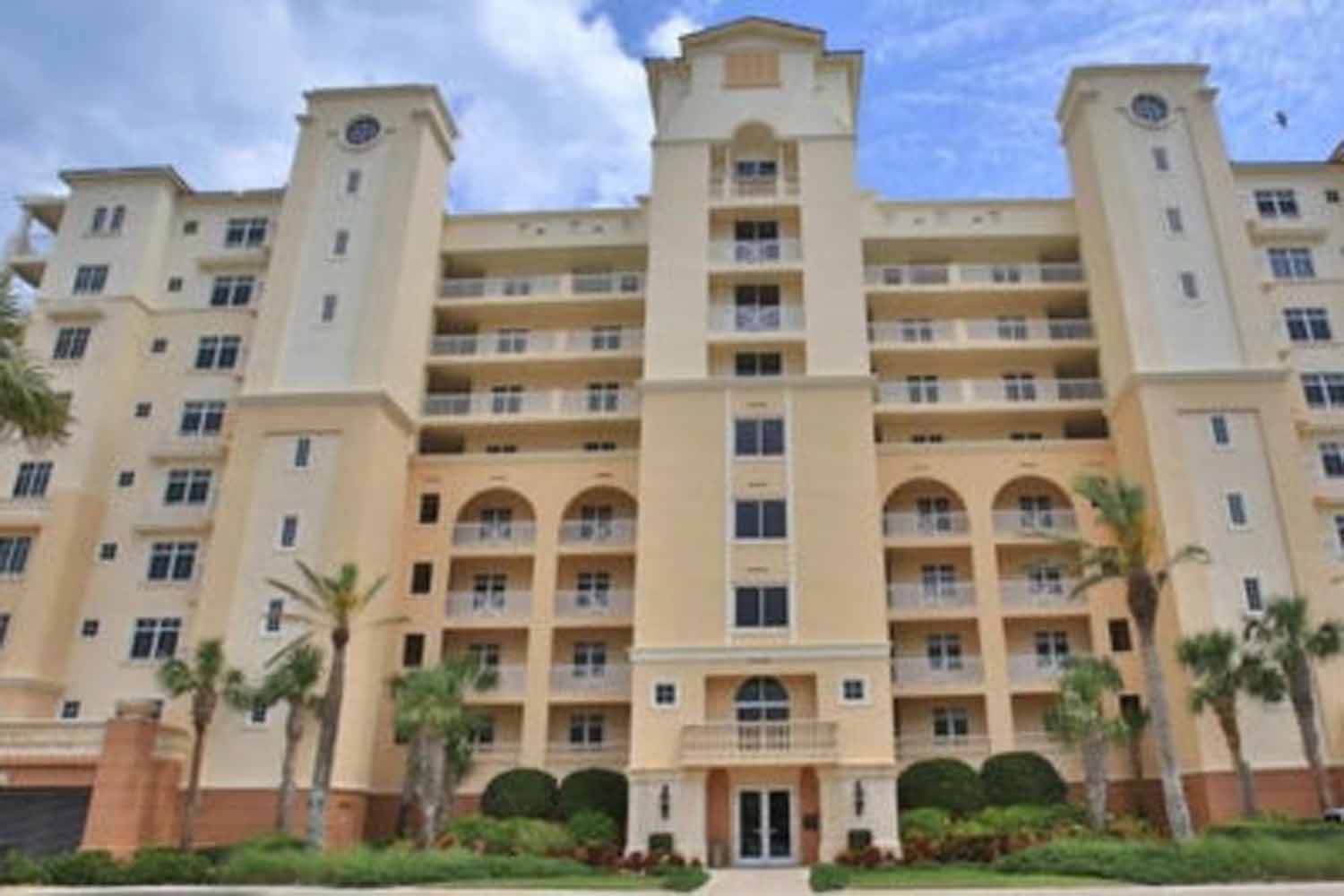
Don’t let the terms “voluntary association” or “civic association” cause confusion or lead your association to believe that it is unenforceable & powerless.


Don’t let the terms “voluntary association” or “civic association” cause confusion or lead your association to believe that it is unenforceable & powerless.
Featured in the December 2017 Issue Partner’s Perspective: Deck the Halls & Prepare for Dancing Elves What do holidays mean to us? From baseball diamonds to courtrooms: Chris Cobb’s journey to Esquire Dancing elves New Law Blogs Curiosities, Ruminations and Various Eccentricities of Firm Biz Click to read.

Security deposits are obviously one of the most important tools for landlords to protect their property when leasing it to a tenant. However, when accepting a security deposit, residential landlords must comply with Florida law governing how security deposit must be held and how the accrued interest is paid out […]
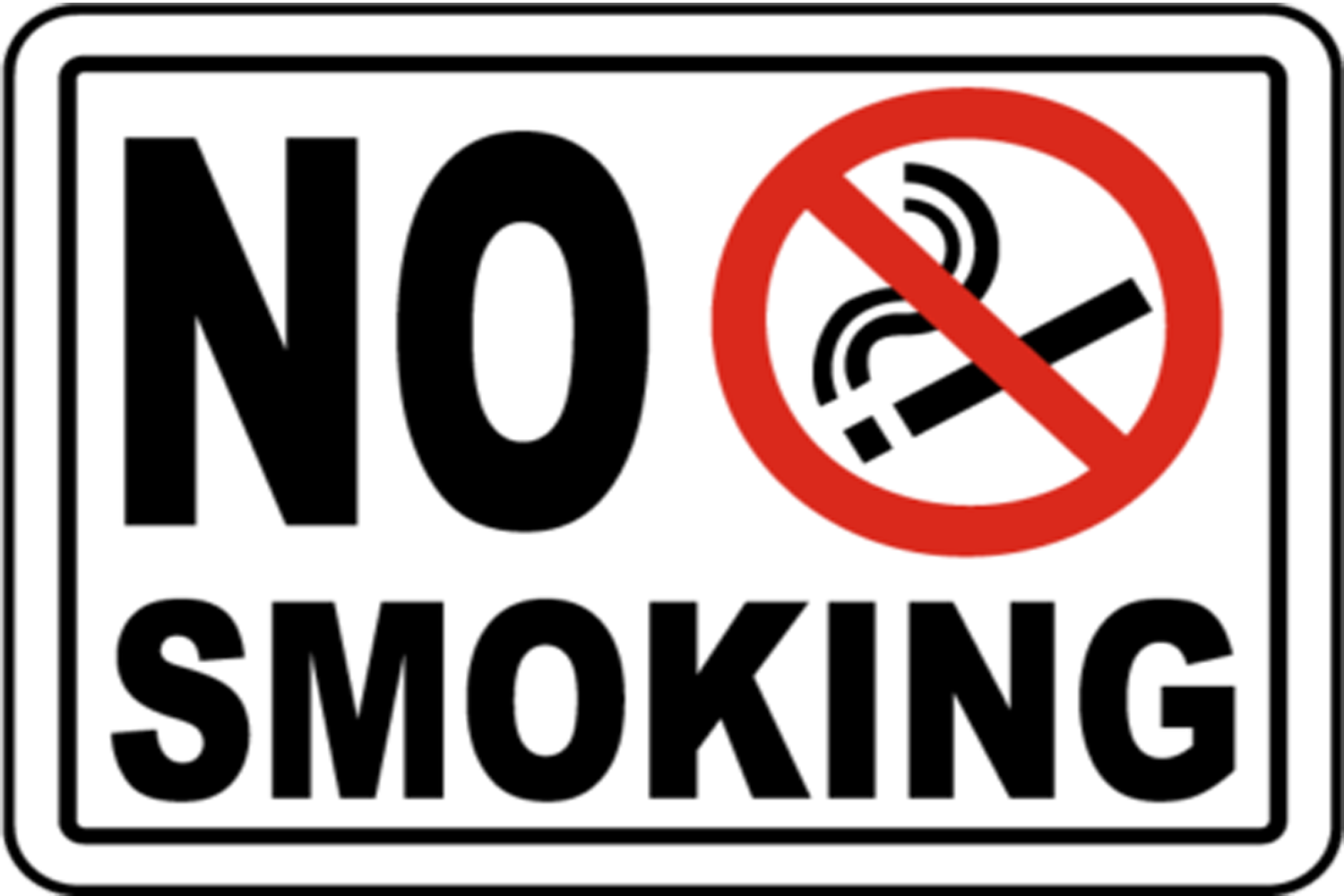
Smoking is not as popular as it used to be. It’s now perceived as more of a nuisance than it is hip. Due to health issues and medical concerns, many private establishments enforce rules against smoking. In fact, state law prohibits smoking in many public places. This has led board […]

The importance of the economic loss rule in construction law cannot be overstated. If a construction project goes south, the economic loss rule allows construction law attorneys to identify which parties to the project can bring what types of claims against which other parties. This blog post discusses Florida’s economic […]
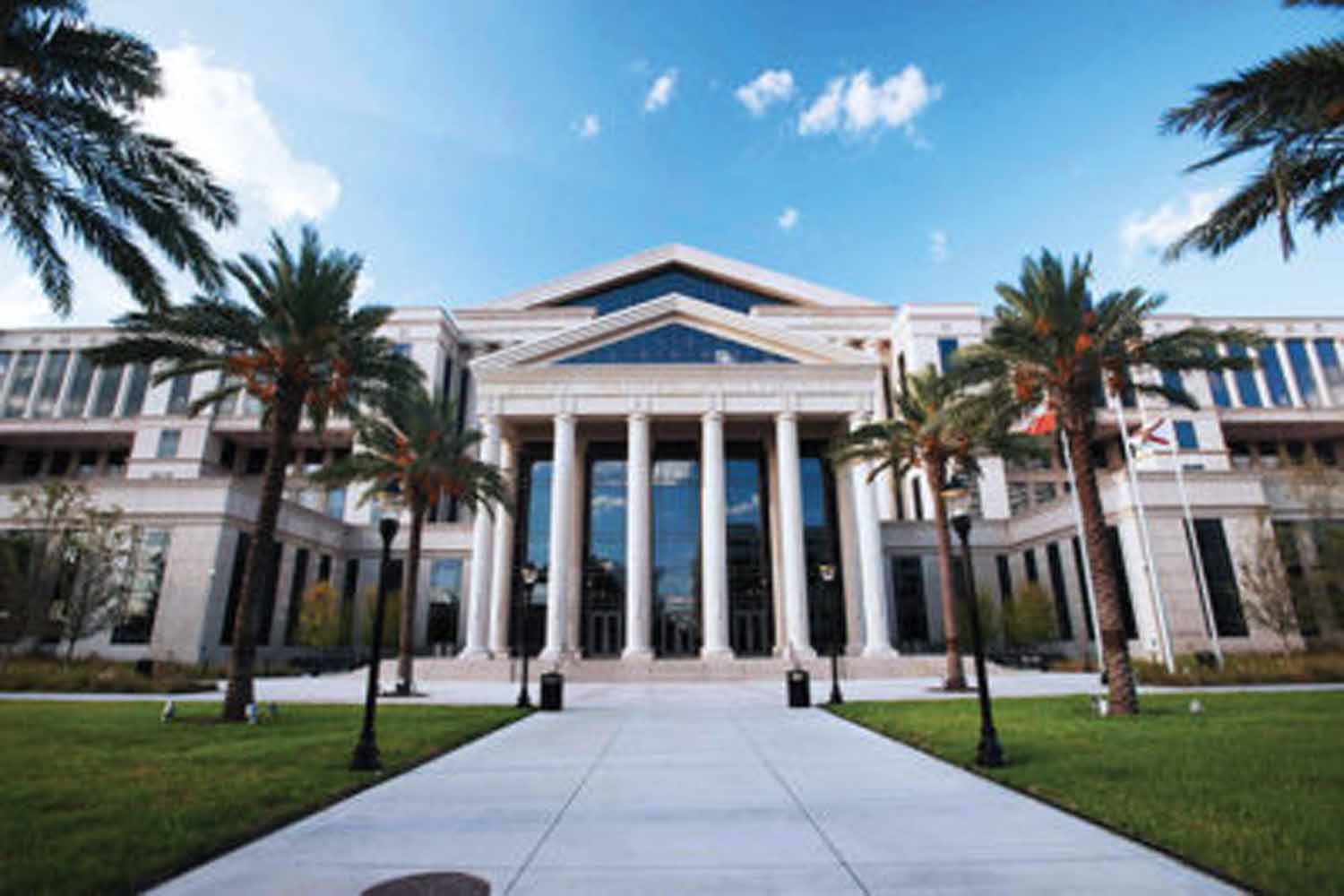
When an out-of-state defendant gets slapped with a summons from a Florida court with an order to appear and defend a lawsuit, the defendant may have questions (among other things, to say the least). Specifically, the defendant will not only want to know why the plaintiff picked a court in […]
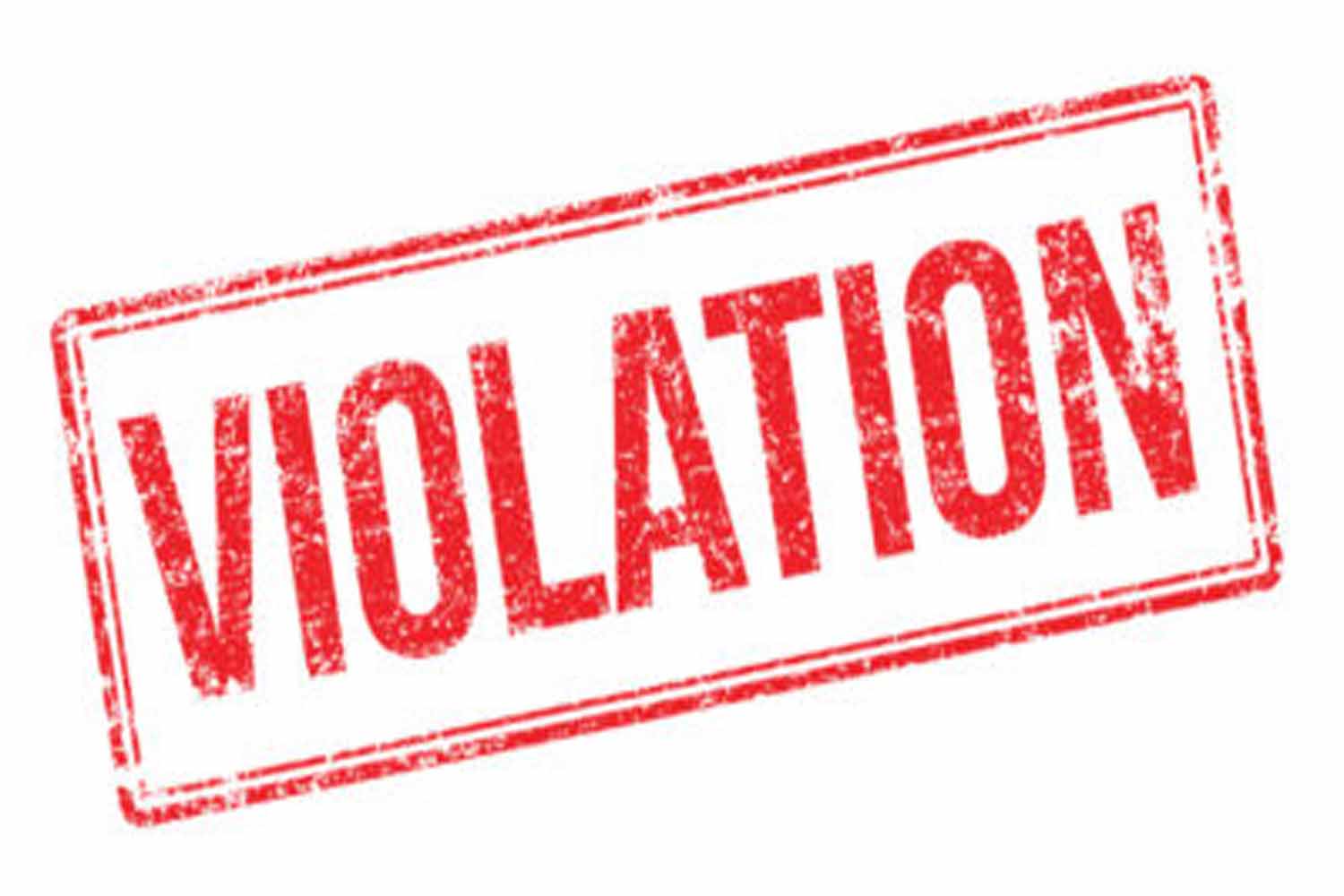
This series will discuss the five most common violations prosecuted by the Department of Business and Professional Regulation (“DBPR”) pertaining to certified contractors. Part I of this series will discuss permitting violations and the steps to take in order to avoid the DBPR pursuing disciplinary action against a contractor’s license. […]

Previously, I wrote a blog highlighting a business purchaser’s need to do due diligence on its prospective target company. As stated, the due diligence process can be split into three parts: (1) legal; (2) financial; and (3) operational. I began this series with a blog concerning legal due diligence, and […]
Featured in the November 2017 Issue Partner’s Perspective: A Little Gratitude Goes a Long Way Chris Cobb Presents to the Florida House of Representatives Subcommittee Edgecombe Re-Elected to Board Position New Law Blogs Curiosities, Ruminations and Various Eccentricities of Firm Biz Click to read.
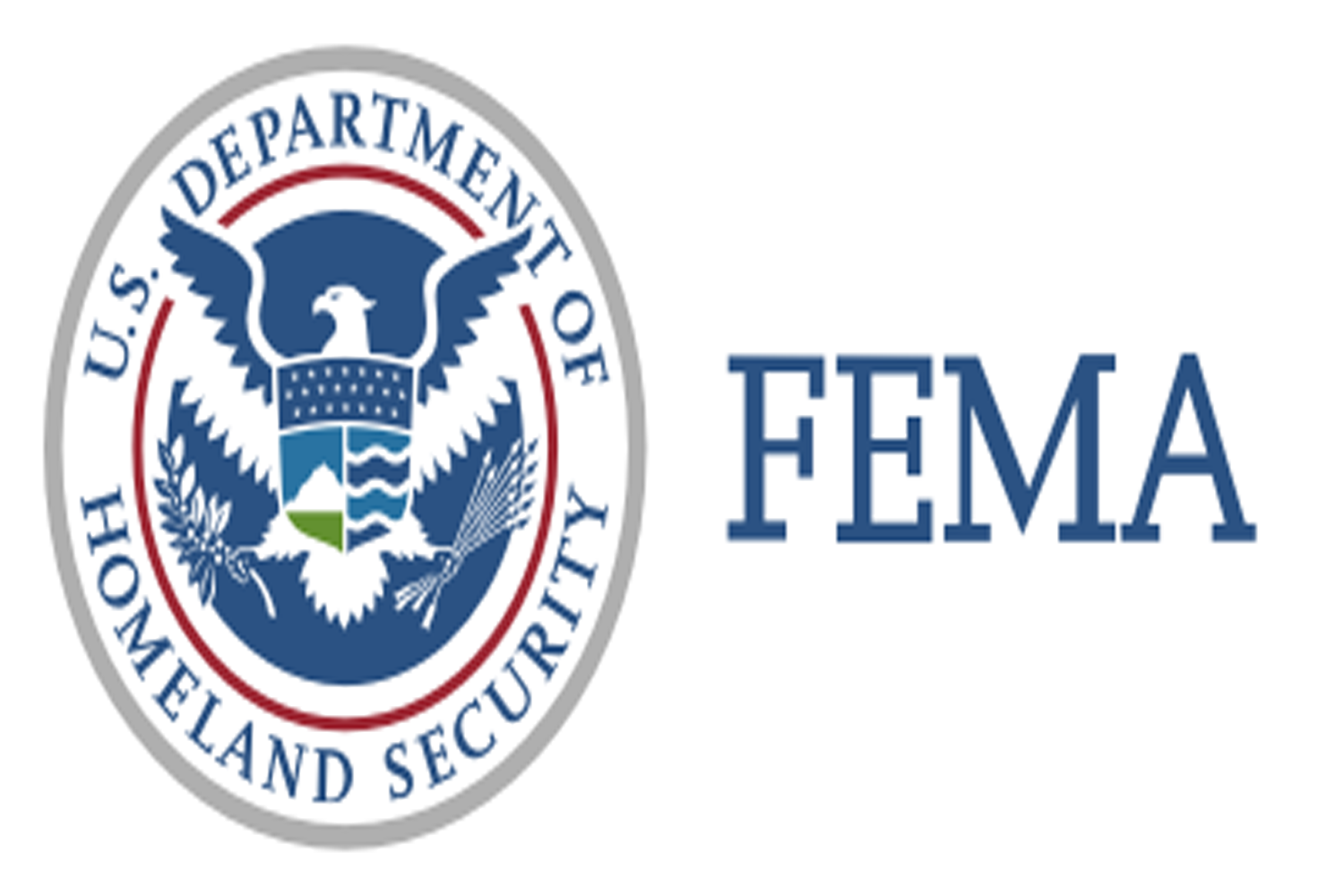
For community associations, when an owner goes into foreclosure, the best-case scenario is that the bank or mortgagee moves the property swiftly through the foreclosure process, and a new owner then takes possession and begins paying the assessments as they come due. In the absolute best cases, the foreclosure process […]